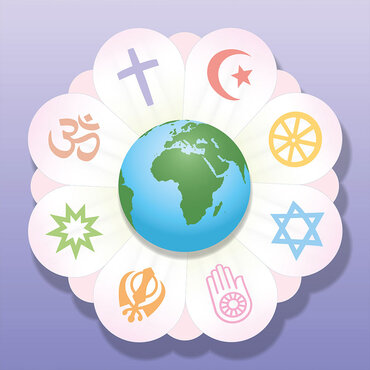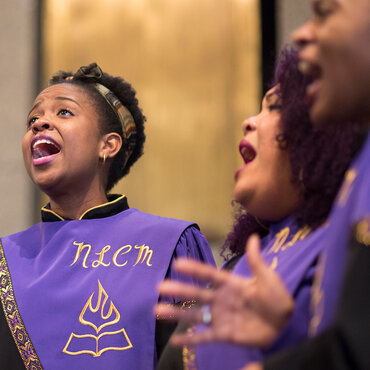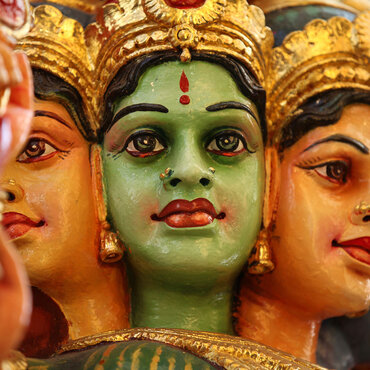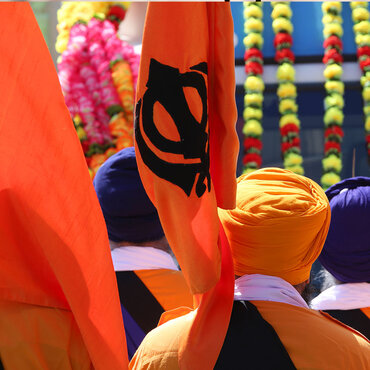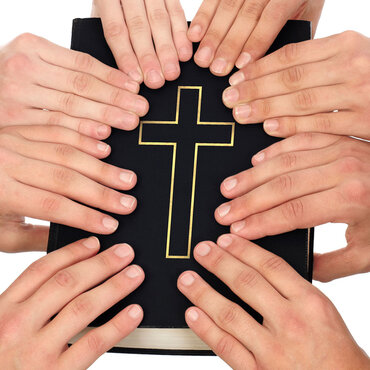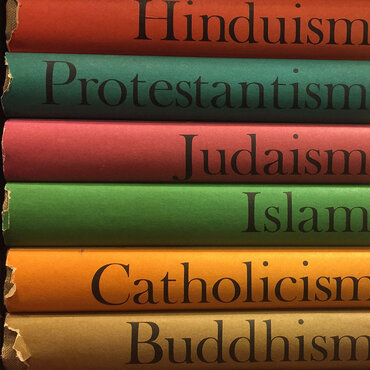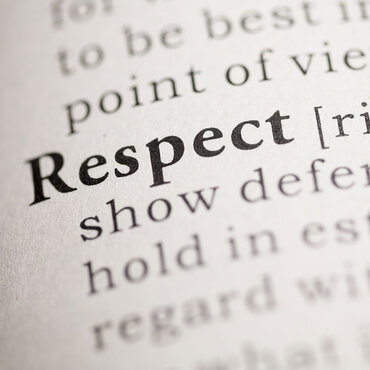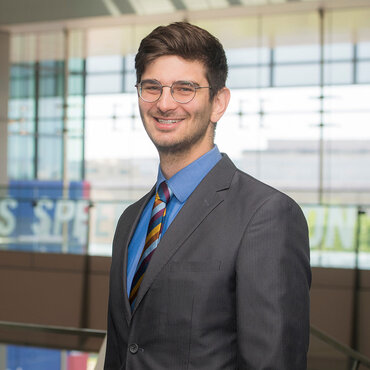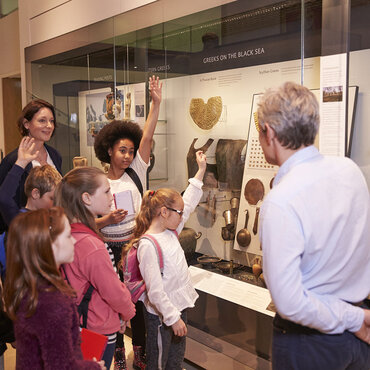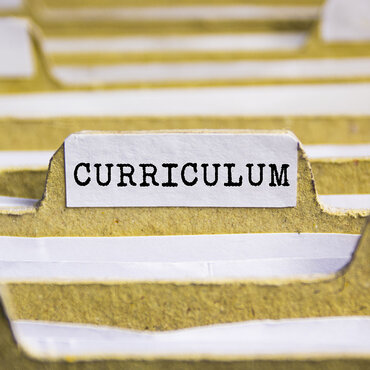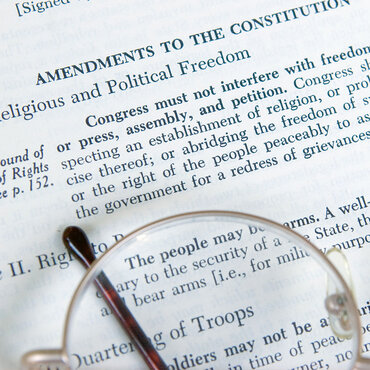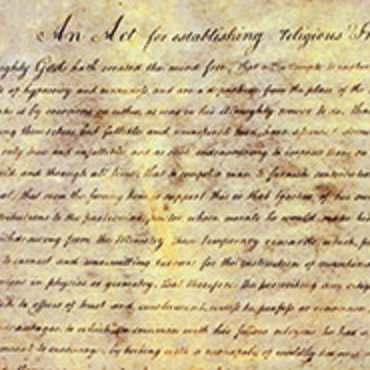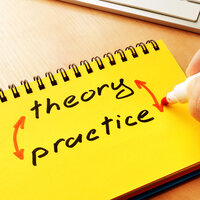
What is Religion? Teaching Theories about Religion
“Religion.” As familiar as the word seems, it is a challenge to define. This module introduces prominent scholars from the past century whose definitions of “religion” continue to shape religious studies scholarship to this today.
Get even more great free content!
This content contains copyrighted material that requires a free NewseumED account.
Registration is fast, easy, and comes with 100% free access to our vast collection of videos, artifacts, interactive content, and more.
NewseumED is provided as a free educational resource and contains copyrighted material. Registration is required for full access. Signing up is simple and free.
With a free NewseumED account, you can:
- Watch timely and informative videos
- Access expertly crafted lesson plans
- Download an array of classroom resources
- and much more!
- Religious Literacy
- Educator
Benjamin P. Marcus is a fellow and former Religious Literacy Specialist with the Religious Freedom Center of the Freedom Forum Institute, where he examines the intersection of education, religious literacy and identity formation in the United States. He has developed religious literacy programs for public schools, universities, U.S. government organizations, and private foundations in the U.S. and abroad.
Andrew Henry is scholar of religious studies. His research focuses on the religions of the late ancient Mediterranean world, particularly on the material culture of early Christianity. Andrew also has interests in the intersection of social media technology and religious studies pedagogy and is the founder of the educational YouTube channel Religion for Breakfast.
- Identify prominent religious scholars and their proposed definitions of religion.
- Contrast definitions of religion
- “What is Religion?” by Andrew Henry, Religion for Breakfast
- How has your understanding of the definition of religion changed after completing this module?
- Why is it important for students to recognize different definitions of religion?
